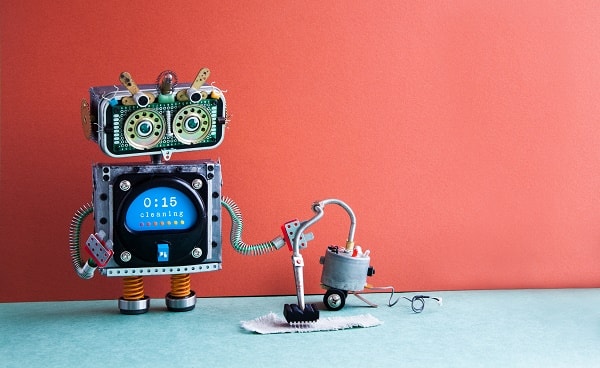By Rieva Lesonsky
One of the trends that was apparent at this year’s CES, was how thin the line separating business and consumer electronics has gotten. Has the consumerization of electronics permanently taken hold in the technology industry?
Obviously, the consumerization of tech is nothing new. It started around 2005, when Gartner declared “consumerization the most significant trend affecting IT in the next 10 years.” Driven by a younger, mobile workforce, it certainly proved that out. Search Mobile Computing says these employees grew up with the internet and were “less inclined to draw a line between corporate and personal technology.” Because they had invested in good technology for their personal devices, they expected no less from their work IT.
Essentially this changed the way both consumers and businesses thought about technology, leading to more customers buying from a more channels, and paving the way for the acceptance of smart home devices.
Selling technology DTC
Data analysis firm NPD Group’s Checkout, a receipt mining service, says online consumer technology sales were up 19% in the first nine months of 2017, compared to the same time period in 2016. Direct-to-consumer (DTC) sales boasted the largest growth, up 34%, representing “13% of all e-commerce sales, a one point volume increase.”
Of course, DTC sales are not new in the technology industry. As NPD points out, computer giants like Dell, Apple, and HP have focused on this market for many years now. But they say, the growth in DTC sales is coming from “high-growth categories, such as smart home.” And while smart home DTC sales represent a 9% share of the overall market, which is slightly smaller when compared to the industry average, Checkout data reveals three of the top 10 e-commerce merchants of smart home devices sold direct-to-consumer. (If you’re looking for smart home devices to sell, there are plenty available at Alibaba.com. Wouldn’t it be great if we could buy devices like the one pictured above?)
But the online sales growth in smart home sales is not strictly coming from the DTC channel. Statistics show that from January through September of last year, traditional home improvement stores saw the highest growth in online sales of smart home devices, nearly triple the sales from September through January of 2016.
According to Stephen Baker, vice president, industry advisor for The NPD Group, this is disruptive. He says, “Disruption is the order of the day in consumer channels, including tech. Disruption is occurring across all markets and online business is no exception. Smart home is a perfect example of how the improvement of retailers’ e-commerce capabilities, plus a burgeoning DTC segment can disrupt conventional notions about how consumers shop online.”







